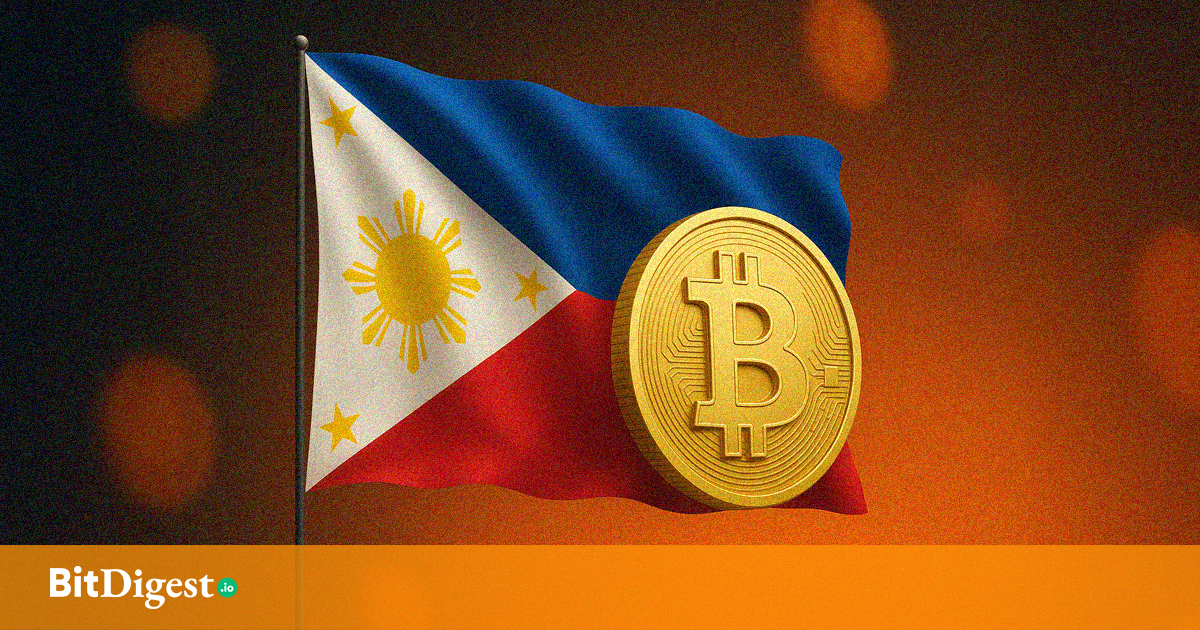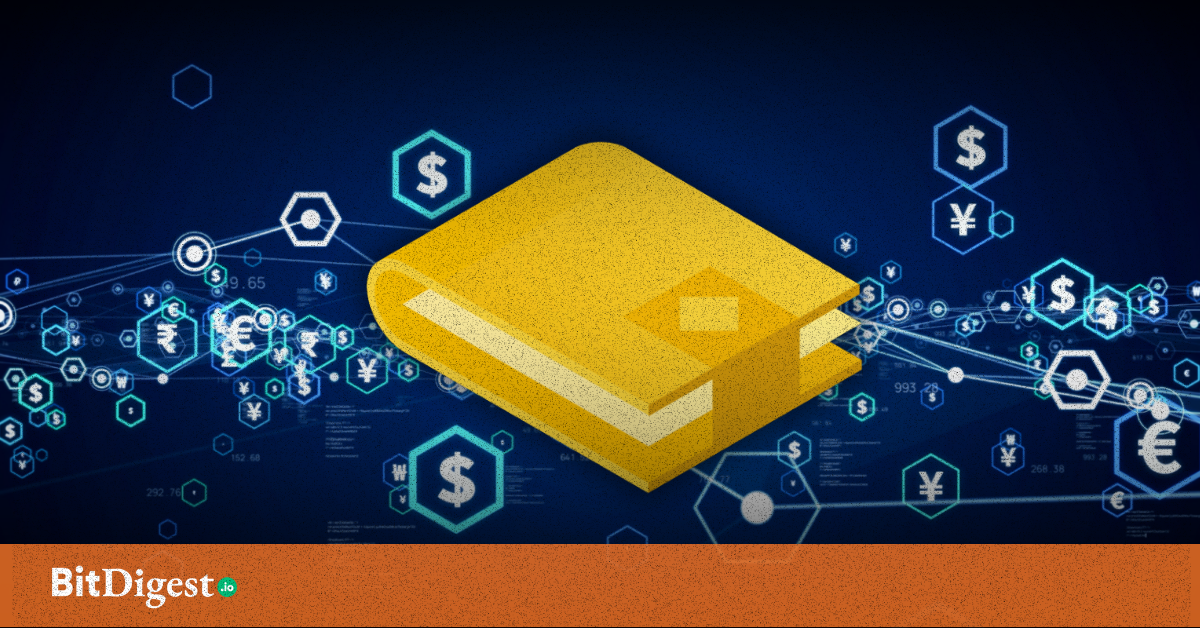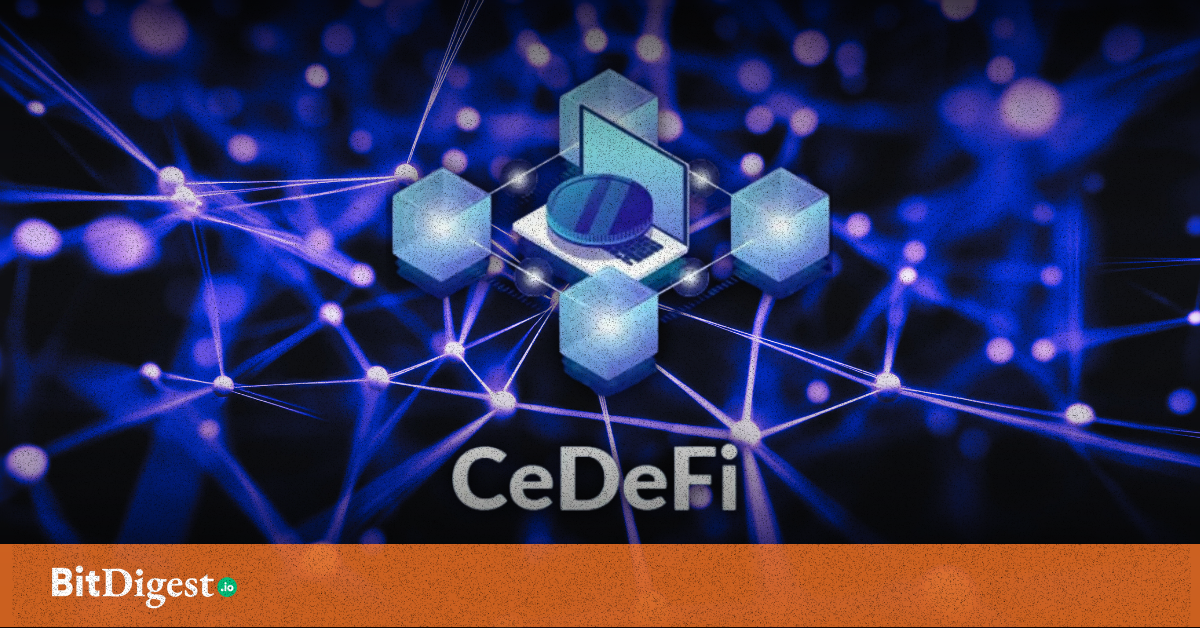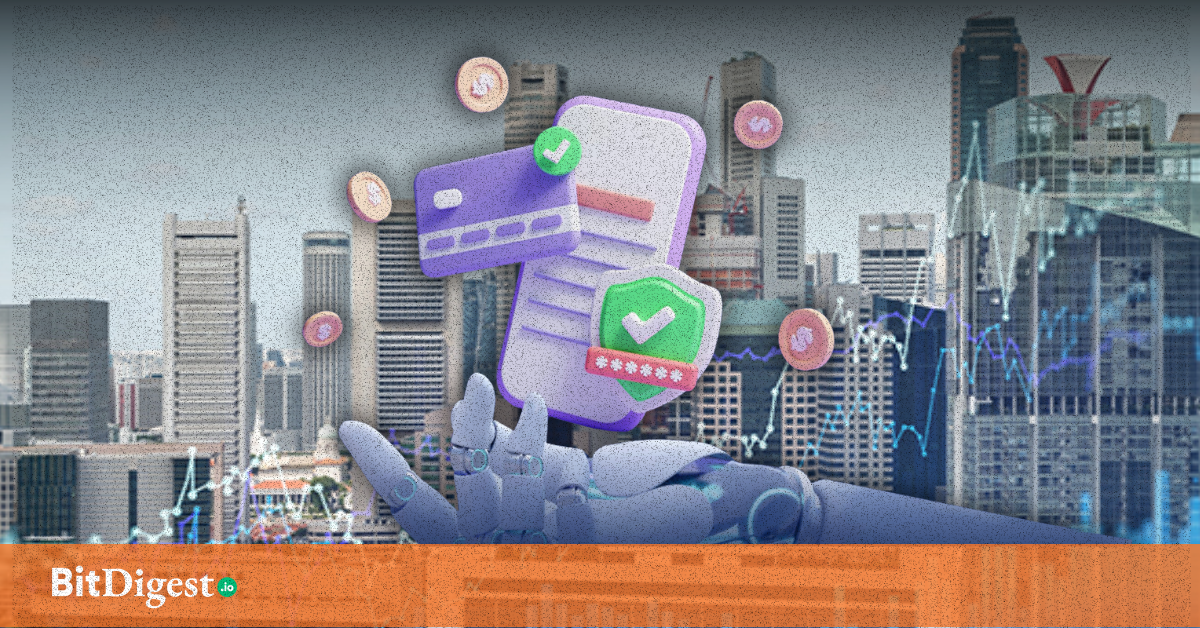Philippine Government Begins Uploading Budget Records to the Blockchain
In a move few saw coming, the Department of Budget and Management (DBM) has officially entered the blockchain era.
The agency announced that it is now uploading Special Allotment Release Orders (SAROs) and Notices of Cash Allocation (NCAs)—two of the most crucial documents that authorize government spending—directly onto the blockchain.
What This Means for Ordinary Citizens
Before this, only insiders or watchdog groups had access to real-time budget releases. But now, thanks to blockchain technology, anyone can view these releases online, see where the money is going, and track changes as they happen.
This opens up major changes in the aspects of government transparency, security, and accessibility. You can now check if funds were released to specific agencies or projects—right down to the date and amount. Once a document is uploaded to the blockchain, it can’t be secretly edited or deleted. Citizens, journalists, auditors—even students—can browse these records without special access or insider knowledge.
The DBM partnered with Bayanichain, a homegrown blockchain platform, to power this initiative. This shows a growing confidence in Philippine-built tech solutions to tackle long-standing problems like government opacity and delayed disclosures.
Only a few documents are live for now, but it’s a clear sign that blockchain is no longer just a buzzword—it’s starting to reshape how the government operates, from the inside out.
If this continues, we might soon see other agencies follow suit—posting everything from project funding to procurement records on blockchain.
For now, it’s a small step. But in a country where budget leaks and underspending often make headlines, it’s a step in the right direction.
You can explore the live budget documents here: https://blockchain.dbm.gov.ph
.svg)


.svg) SHARE TO FACEBOOK
SHARE TO FACEBOOK SHARE TO TWITTER/X
SHARE TO TWITTER/X SHARE TO LINKEDIN
SHARE TO LINKEDIN SEND TO MAIL
SEND TO MAIL





.svg)


.svg)